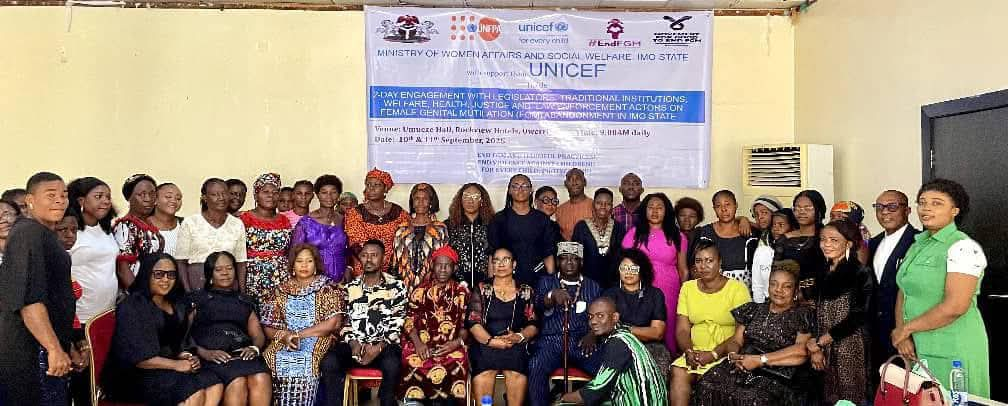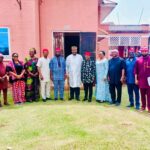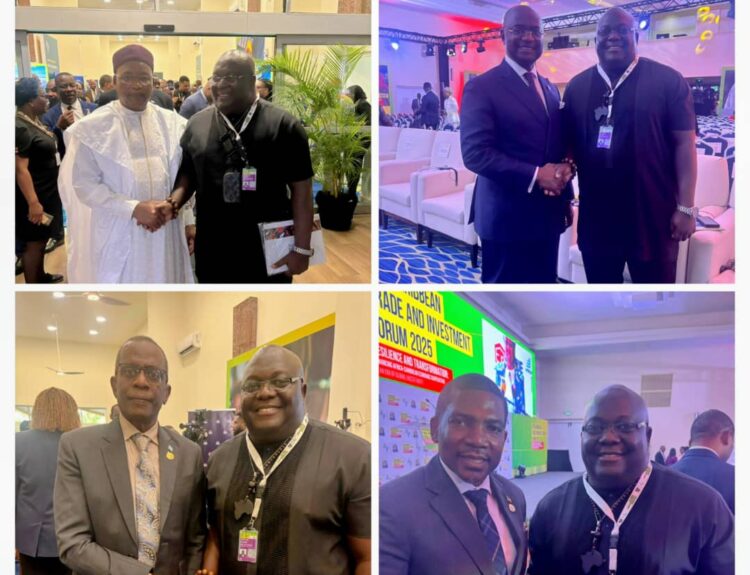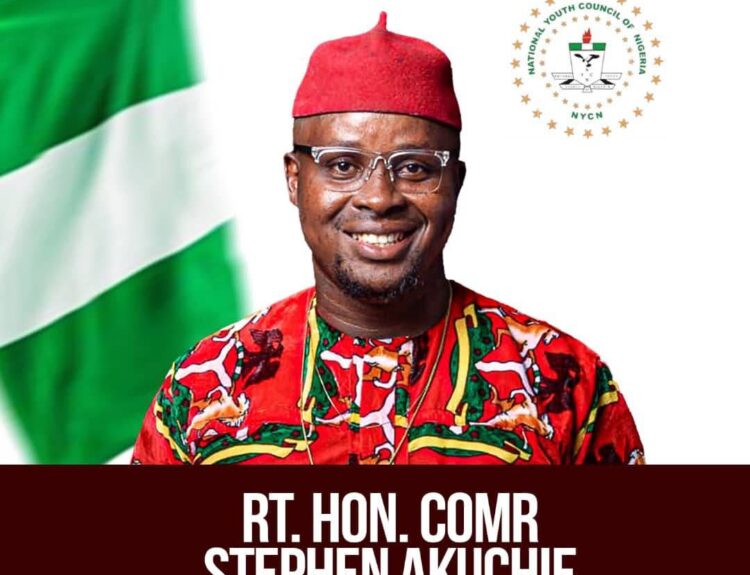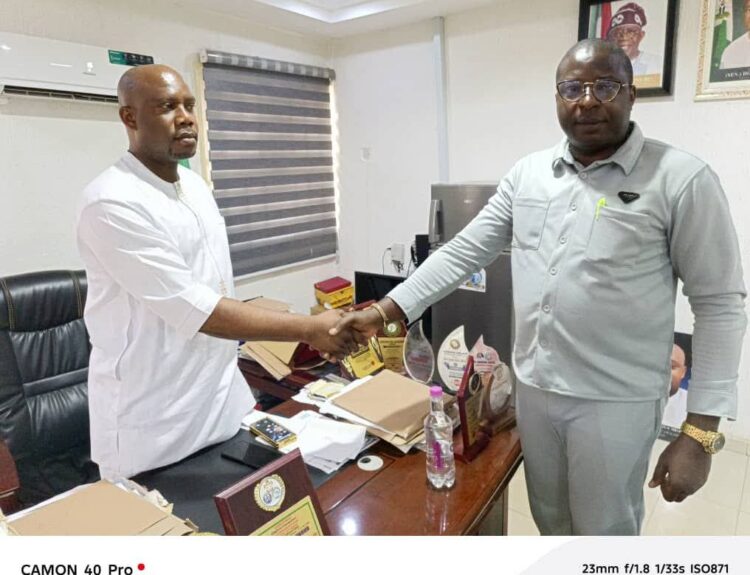In a landmark move to accelerate the end of Female Genital Mutilation (FGM), the Virgin Heart Foundation, in collaboration with the Ministry of Women Affairs and Social Welfare and with the support of UNICEF, concluded a two-day dialogue with key stakeholders in Imo State. The intensive engagement, which took place from 10 September to 11 September, 2025 brought together legislators, traditional rulers, and representatives from the health, justice, and law enforcement sectors. The meeting at Umueze Hall, Rock View Hotel served as a powerful call to action, aimed at dismantling the culture of silence and strengthening legal frameworks to prosecute FGM perpetrators.
The high-level gathering was graced by influential figures, including Dr. Blessing Azubuike, Director of the Ministry of Women Affairs and Social Welfare, who represented the Commissioner; Hon. Nkechi Ugwu, Chairperson of FIDA; esteemed traditional leaders Eze Ononobi and Eze Uzoho, legal security representatives, including Barr. Ugonna from the Ministry of Justice, His Worship from the Magistrate Court, and a representative from the Nigerian Civil Defence. Madam Peace Dike, the Executive Director of the Virgin Heart Foundation, was also a key figure in attendance.
Dr. Vitus O. Ekeocha, a key resource person, provided a sobering overview of FGM, highlighting its severe health, mental, and physical consequences. He delivered a poignant reminder to participants that “every part of the woman’s genitalia plays a very important role, and its removal metes out hardship on the girl child.” His presentation was further supported by Mrs. Stella Ukaegbu from the Ministry of Health, who explained the irreparable damage caused by the practice, stressing that it can lead to lifelong complications, including prolonged and difficult labor.
A central theme of the engagement was the need to shift from awareness to enforcement. Dr. Ikenna Obi, representing the Solicitor General Glory Ugwuagu, provided a legal analysis of FGM laws, citing the VAPP Act and Child Rights Law. He emphasized the necessity of a judicial revolution in Nigeria, urging participants to bring perpetrators to justice, mirroring the success of legal actions in countries like Kenya and Uganda.
The second day of the session saw participants deliberate on critical issues, including how to investigate and prosecute FGM offenders, overcome societal resistance to reporting the crime, and improve inter-agency teamwork to enforce the law. The dialogue culminated in the creation of a communique outlining a clear consensus and actionable steps. This document serves as a blueprint for a sustained campaign to eradicate FGM in Imo State, ensuring that the momentum from this historic meeting translates into lasting change.
The event marks a significant step forward in the fight against FGM, as it moves the conversation beyond simple awareness to concrete legal and community-based action. It reinforces the commitment of diverse stakeholders to protect the rights and well-being of the girl child.


